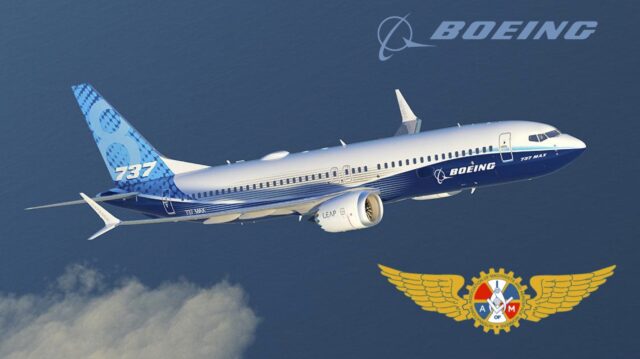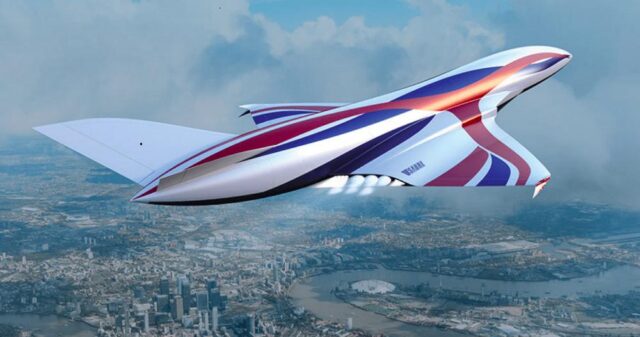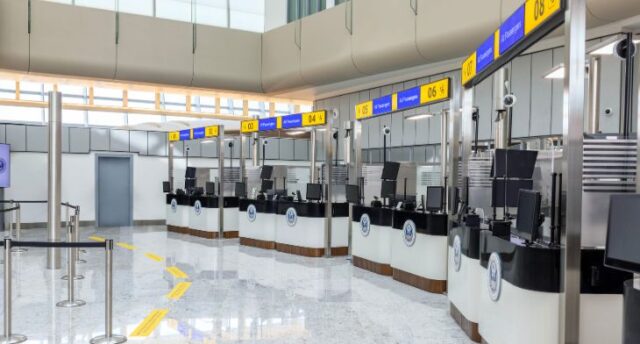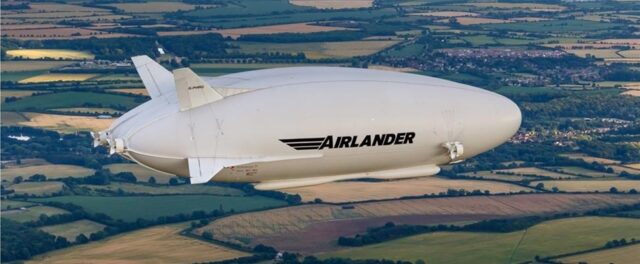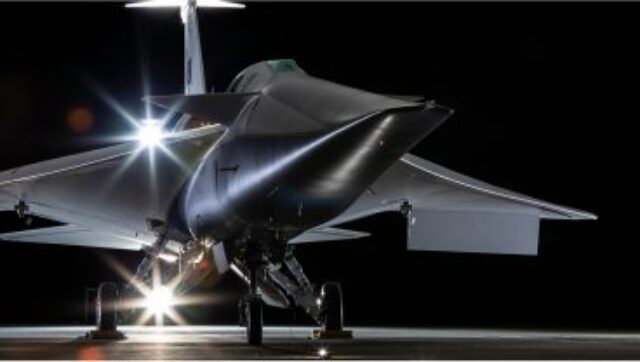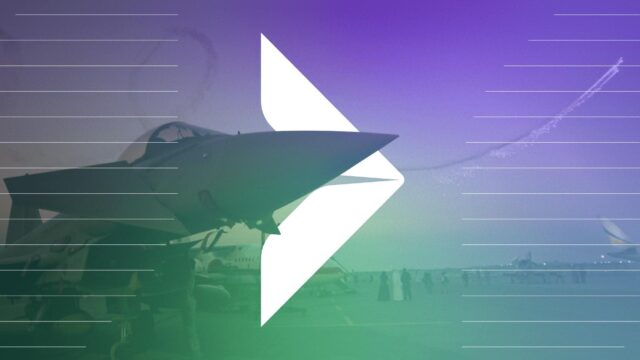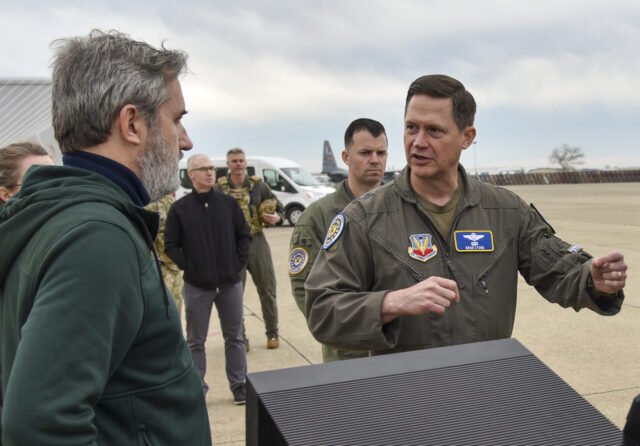Boeing accused of 7,943% markup on C-17 soap dispenser

Boeing has allegedly overcharged the US Air Force for a variety of Boeing Globemaster C-17 parts, a US Department of Defense (DoD) audit has highlighted, with around 26% of spare components reviewed not supplied at “fair and reasonable” prices. A further 54% of parts were unable to be accurately assessed.
Initiated in response to a DoD Hotline allegation, the DoD audit was launched to assess “whether the Air Force purchased spare parts for C-17 military transport aircraft at fair and reasonable prices under the performance-based logistics (PBL) contracts)”.
The Department of Defense Office of Inspector General (DoD OIG) subsequently determined that the Air Force did “not consistently pay reasonable prices” for C-17 components, with about 26% of spare parts subject to excessive markup. These included the USAF’s purchase of replacement lavatory soap dispensers at “more than 80 times the commercially available cost, or a 7,943% markup”.
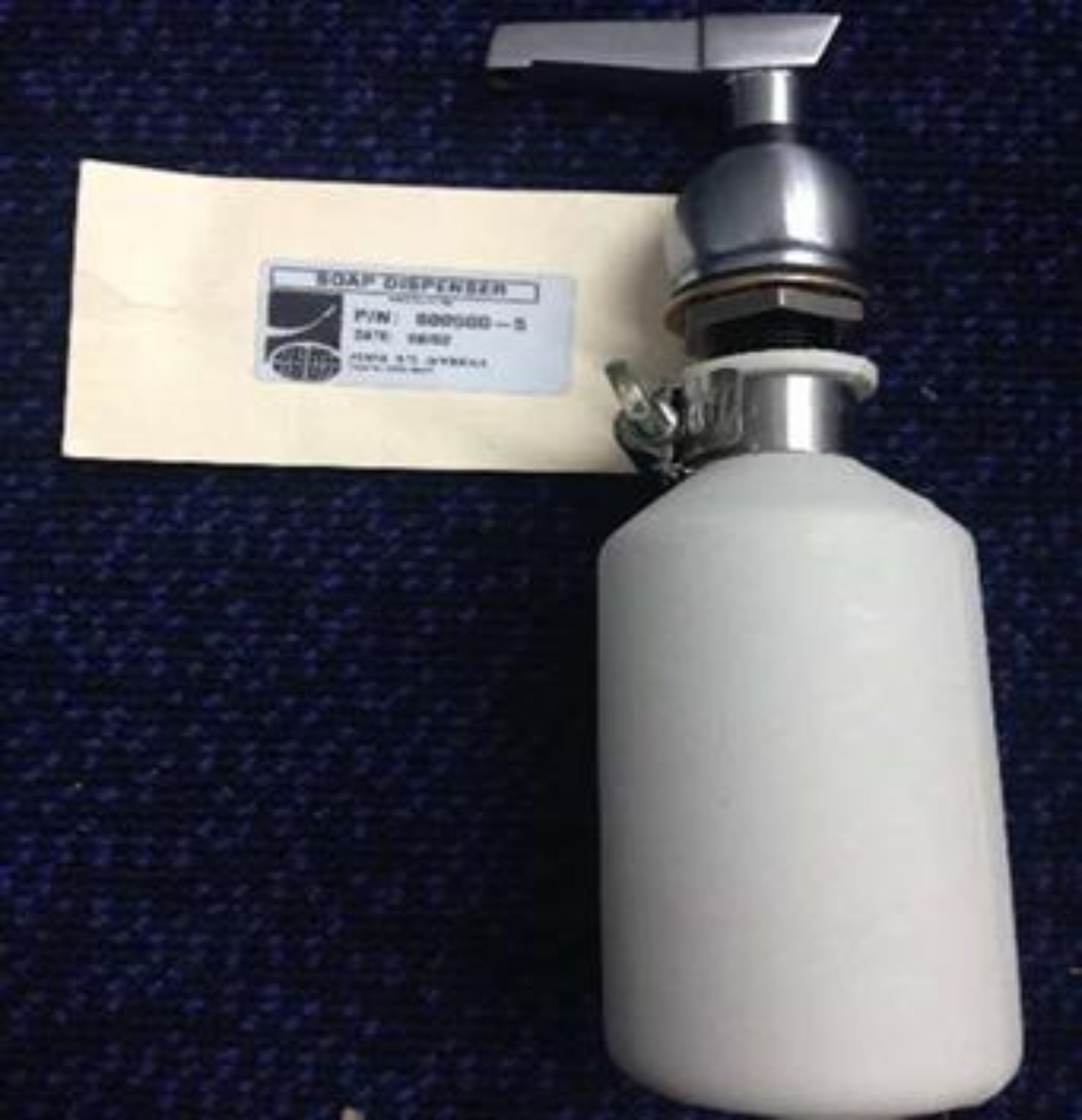
However, the DoD was unable to determine whether the USAF paid fair and reasonable prices for a further 54% of parts. This was attributed to a lack of historical cost data, and the inability of the Defense Contract Management Agency Item Group to obtain supplier quotes or identify commercially similar parts.
However, of the total spare parts reviewed (valued at $4.3 million), the audit estimated that “the Air Force overpaid nearly $1 million for a dozen different types of spare parts on the contracts”. In the DoD’s opinion, this happened because the Air Force did not validate the accuracy of the data used for contract negotiation, identify price increases during the execution of the contract, or appropriately review invoices prior to payment.
DoD OIG Inspector General Robert Storch concluded “the Air Force needs to establish and implement more effective internal controls to help prevent overpaying for spare parts for the remainder of this contract, which continues through 2031”. Additionally, he cautioned that “significant overpayments for spare parts may reduce the number of spare parts that Boeing can purchase on the contract, potentially reducing C-17 readiness worldwide”.
Although 275 C-17s are in operation around the world, the USAF is the type’s largest operator, with 223 units located in 12 bases. In 2021, Brig. Gen. Darren Cole, air mobility command director of logistics, engineering and force protection, described it as “the strategic airlift workhouse for the nation”. Under an extended C-17 sustainment partnership signed three years ago, vice president and general manager of US government services for Boeing Global Services added: “We are bending the cost curve on platforms like the C-17”.
So far this year, Boeing has reported Global Services revenues of $14,835 million, with an operating margin of 17.7%; fractionally up from the first nine months of 2023, with a reported revenue of $14,278 million.
Eight recommendations made by the DoD OIG include determining whether price increases of 25% of occurred and obtaining “justification of the price increases from Boeing,” which has been approached for comment.
